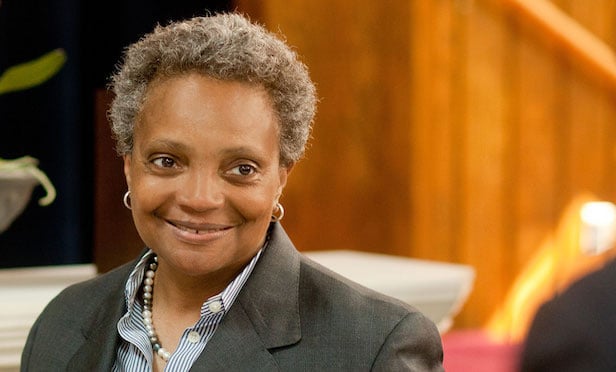CHICAGO— Chicago Mayor Lori E. Lightfoot has announced changes to the city's Neighborhood Opportunity Fund that will provide small businesses and local organizations with enhanced access to capital, business training opportunities and other benefits to help revitalize South and West side neighborhoods.
Among the changes to the $30 million in grant funding include making some funding available to potential cannabis dispensaries and related companies that are considering locations in qualified South and West side investment areas. The funding will be made available in 2020 and over the next three years.
The NOF will serve as a key funding tool to encourage investment in the 10 initial neighborhoods participating in the INVEST South/West initiative announced by the City of Chicago in partnership with corporate and community entities earlier this month.
"The changes we are making to the City's Neighborhood Opportunity Fund will allow more neighborhood entrepreneurs to access greater resources, allowing them to see their ideas become a reality, help their businesses thrive and hire more local residents," says Mayor Lightfoot.
Other key changes to the NOF program include:
• Grants for up to 100% of total costs if both the owner and staff are local residents. Previously, funding was capped at 65% of total costs.
• Up to $25,000 prior to construction to help cover up-front costs like appraisals, environmental surveys and architectural services. Previously, NOF funding was not available until after construction started.
• Expanded funding options for grants exceeding $250,000, in order to reduce the need for bridge loans during construction. Previously, there was no escrow option for large projects.
• Regularly scheduled application periods that will occur every first and third quarter starting in 2020 through a new online process. Previously, application periods were irregularly scheduled through a cumbersome, paper-based process, city officials state.
"These reforms will make it easier for South and West side entrepreneurs to qualify for the program and make their dreams a reality," says Maurice D. Cox, commissioner of the Department of Planning and Development, which administers the NOF program.
DPD will partner with the Department of Business Affairs and Consumer Protection, economic development professionals, and members of Chicago's academic community to schedule classes for grant winners and potential NOF applicants focused on construction management, financing, bookkeeping and operations.
© Touchpoint Markets, All Rights Reserved. Request academic re-use from www.copyright.com. All other uses, submit a request to [email protected]. For more inforrmation visit Asset & Logo Licensing.








